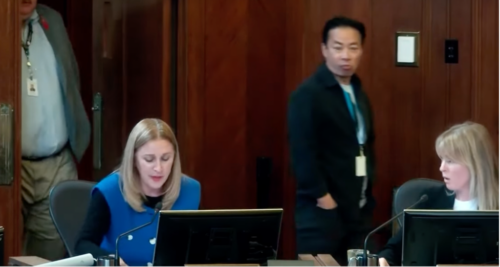Analysis
In addition to rent increases caused by the upscaling and renovation of dozens of low-income buildings around the city, Vancouver is losing affordable housing...
Hi, what are you looking for?


Vancouver Mayor Ken Sim is obsessed with keeping the city’s Downtown Eastside on his tongue. The residents, the neighbourhood, the backdrop – the DTES...
In addition to rent increases caused by the upscaling and renovation of dozens of low-income buildings around the city, Vancouver is losing affordable housing...